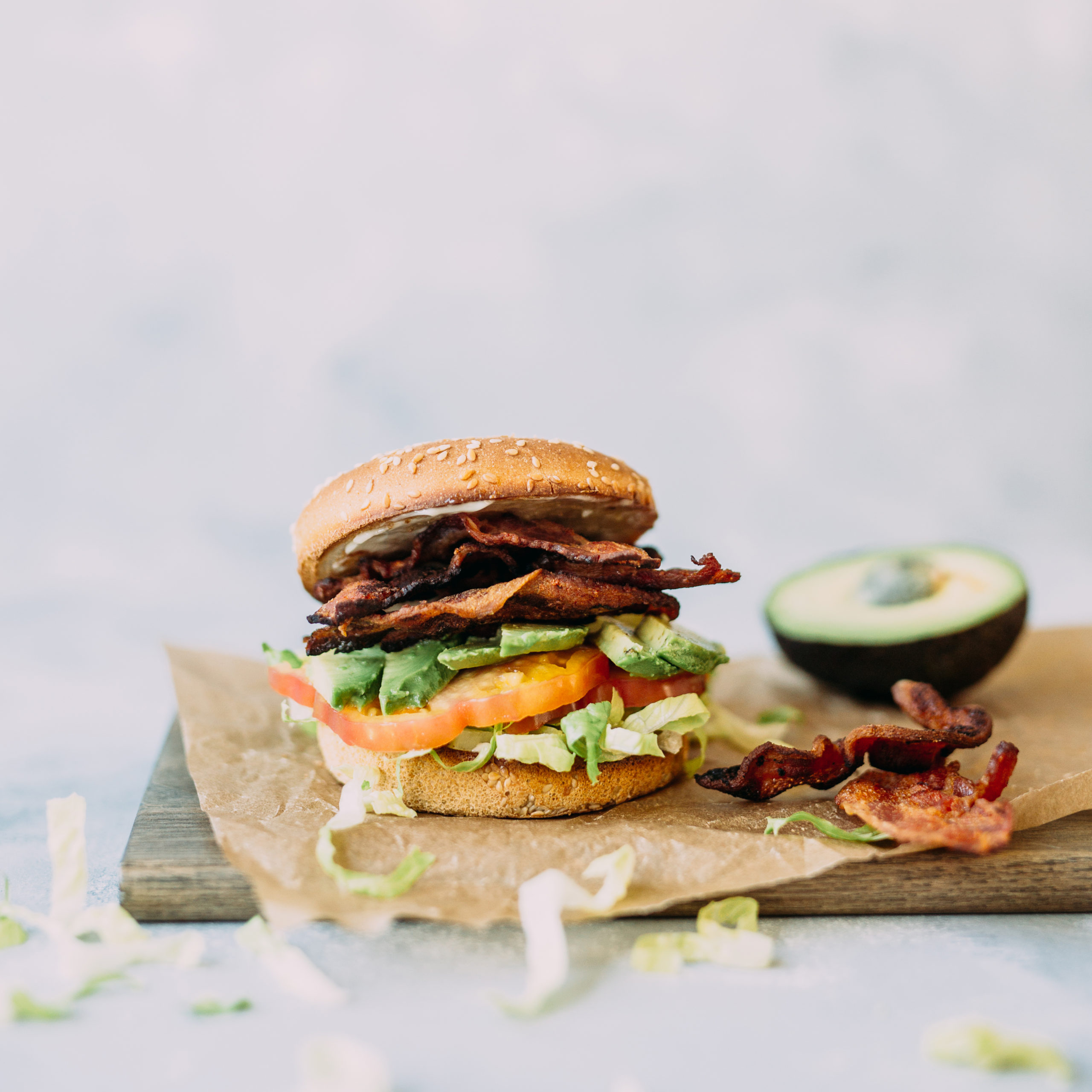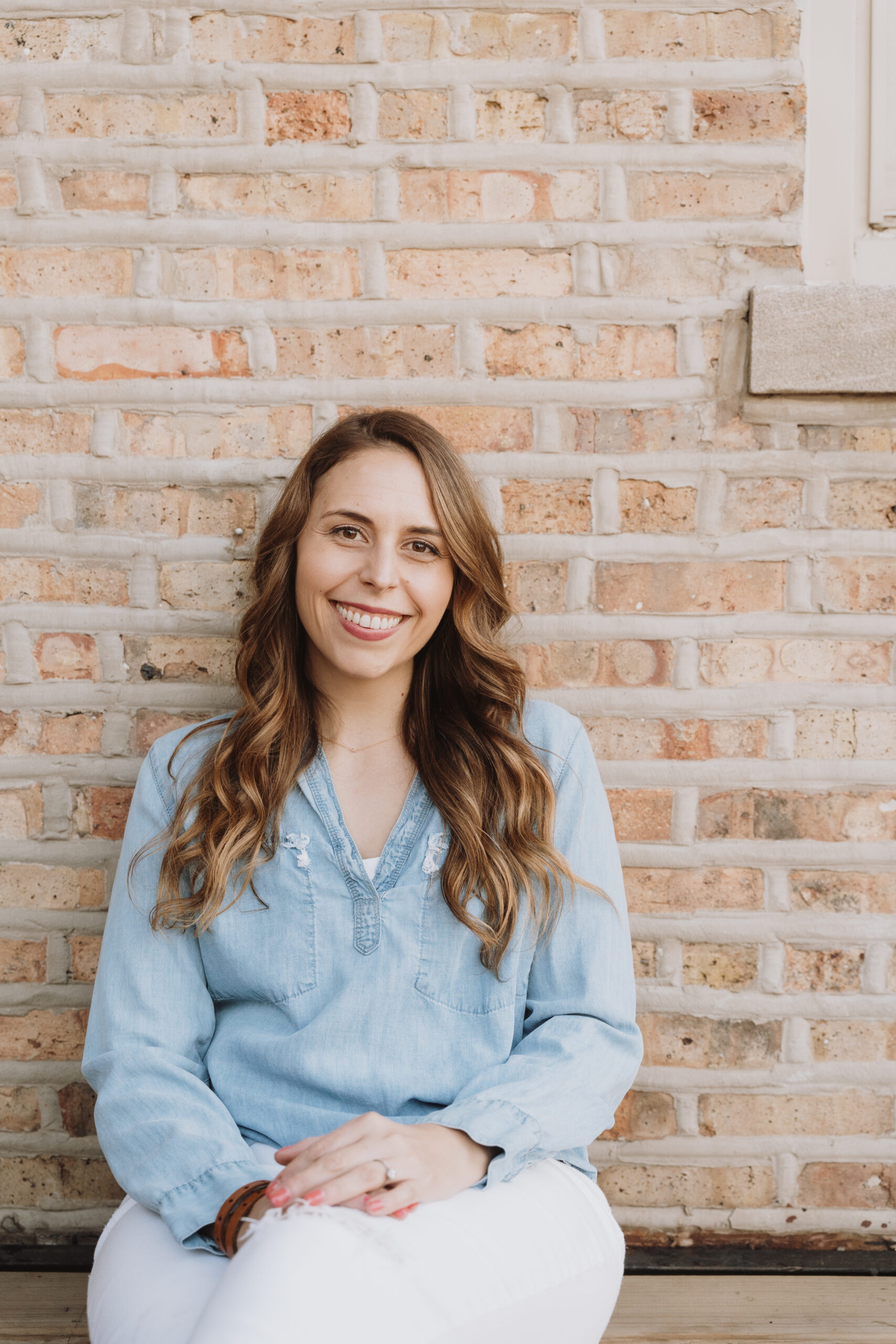Unlock Food Freedom: Crush Your Food Fears in 30 Days

Written By:
Category:
Ryann Nicole
Are you tired of the same old meals day in and day out? Do you dream of dining out without worry? Ready to embrace a world of culinary possibilities? If so, get ready to embark on a life-changing journey with our 30-day Food Fears Challenge.
30 Fears, 30 Days: Your Path to Food Freedom
We’re about to conquer your 30 biggest food fears in just 30 days. We know it sounds daunting, but breaking free from these fears is the key to repairing your relationship with food. The best part? By the end of this challenge, you’ll be 30 foods closer to enjoying true food freedom!
Step 1: Confront Your Fears
There’s no right or wrong way to do this. Just grab a pen and start jotting down those food fears. Stuck on where to begin? Think about specific foods, food groups, dining occasions, or those rigid food rules you’ve been living by.
Step 2: Scale Your Fears
Now, rank each fear on a scale from 1 (mild) to 5 (extreme). Here’s the twist: you can only place six foods in each category, so choose wisely!
Step 3: Let the Challenge Begin!
Over the first six days, you’ll pick one food from the “mild” column each day to tackle. Once you’ve conquered those, move on to the “moderate” column for the next six days, and so on. By the end of this journey, you’ll have confronted all 30 of your food fears.
For example, let’s say your list looks like this…
…you might start with something simple like having eggs for breakfast one day and then spreading jelly on toast the next. Your month might look something like this:
Now, we understand you might be a bit apprehensive about that “extreme” column, but don’t worry – we’ve got a method to our madness. Starting with milder fears helps you build confidence gradually. As you conquer these challenges and realize nothing bad happens, you’ll be fully prepared for the more daunting food fears when the time comes.
Conquering food fears can feel overwhelming, but we’ve designed a strategic approach to help you conquer your fears, one meal at a time. By systematically ranking your fears and tackling them progressively, you’ll not only overcome the foods you’ve been avoiding but also build confidence and momentum along the way. Get ready to embrace food freedom!
Challenge your food fears with me!
10 Things To Add To Your Coping Box
Just so you know, I do review everything I recommend. When you buy through links on this page, we may earn a commission.
An emotional coping box, also known as a self-soothe or comfort box, is a personalized collection of items that can help individuals cope with difficult emotions, stress, or challenging situations. It’s a tangible and accessible resource that provides comfort and distraction during moments of distress. Here are 10 things you can consider adding to your emotional coping box:
Include items that bring you comfort, such as a soft blanket, stuffed animal, or cozy socks. These tactile objects can provide a sense of security and grounding.
Write down or print out affirmations and positive quotes that resonate with you. Reading these affirmations can help shift your mindset and promote self-compassion.
Incorporate items that engage your senses, such as scented candles, essential oils, or stress-relief lotion. Pleasant scents can have a calming effect.
Include small items like stress balls, fidget spinners, or textured toys. These can serve as a physical outlet for nervous energy and help redirect focus.
Keep a journal or notebook to write down your thoughts, feelings, and reflections. Journaling can be a therapeutic way to express and process emotions.
Include pictures of loved ones, happy memories, or items that hold sentimental value. Visual reminders of positive experiences can bring comfort and perspective.
Guided Relaxation or Meditation Resources
Include a small audio player or device with pre-loaded guided relaxation or meditation sessions. These can help you practice mindfulness and manage stress.
Playlist of Uplifting Music
Create a playlist of music that brings you joy or relaxation. Music has the power to influence mood, and having a go-to playlist can be a quick mood booster.
List of Coping Strategies
Write down a list of healthy coping strategies that work for you. This could include deep breathing exercises, progressive muscle relaxation, or simple activities that bring you a sense of peace.
Remember, the contents of your emotional coping box should be tailored to your preferences and needs. Regularly review and update the items to ensure they remain effective for you over time. The goal is to have a readily available toolkit that supports your emotional well-being during challenging moments.
Ryann Nicole
Licensed Therapist, Certified Nutritionist, and Virtual Wellness Coach
Ryann is a licensed therapist and virtual wellness coach who has assisted individuals worldwide in establishing a healthier relationship with food and their bodies.
Are You Ready to Heal Your Relationship With Food?
I understand—it can be overwhelming to figure out where to begin. Let's simplify things and have you start right here:
Why Am I Overeating?
First Steps To Stop Binge Eating
The Food Freedom Lab Podcast
FREE QUIZ
FREE GUIDE
Podcast
the food freedom lab podcast


